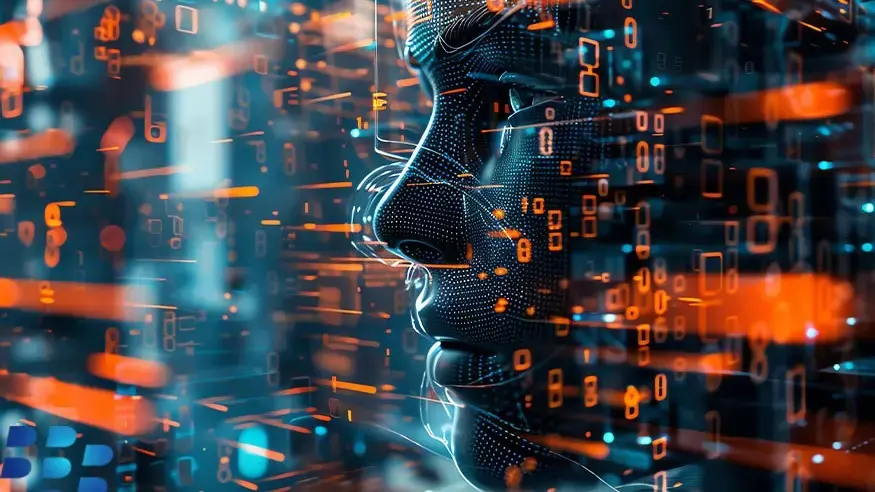Deepfakes surge sparks urgent call for AI literacy in schools and colleges
By | Science | 20-Sep-2025 18:29:12

News Story
The rise of deepfakes and AI-generated content is challenging trust and
accuracy online, prompting experts to call for urgent AI literacy programs in
schools and colleges.
These hyper-realistic yet fabricated videos, images, and audio—created through advanced AI technologies such as Conversational GenAI and domain-specific large language models — pose a growing threat to privacy, public discourse, and societal trust.
From manipulated political speeches to fabricated celebrity endorsements,
the content is often indistinguishable from reality, making it increasingly
dangerous.
“AI literacy enables individuals to critically analyze digital information instead of passively accepting what they see or hear,” say experts.
Understanding AI is not about mastering algorithms but about knowing how to
verify and responsibly interact with content. Tools like Secure GenAI,
Sovereign AI, and deepfake detection software empower users to identify false
material and make informed decisions.
Human oversight remains crucial. Concepts such
as Human In The Loop (HITL) emphasize that while AI can automate processes — from
drafting emails to managing reminders — humans must verify outcomes for
accuracy and intent. Teaching HITL bridges the gap between AI theory and
real-world accountability, reinforcing human responsibility in AI-driven
decisions.
Schools and colleges play a pivotal role in
building AI literacy. Effective programs include:
·
Practical
workshops: Hands-on exercises in detecting deepfakes and fact-checking
information.
·
AI ethics
education: Lessons on responsible AI use, data protection, and ethical
innovation.
·
AI
literacy modules: Clear explanations of terms like Composite AI,
Lifecycle-based Approach, Voice First Interfaces, and AI Agents to
contextualize AI’s role in everyday life.
Practical applications — such as AI tools for
differently-abled users — teach students both skill and accountability,
demonstrating that AI is designed to support humans, not replace them. By
understanding and responsibly engaging with AI, students can contribute to a
safer digital ecosystem and counter the spread of misinformation.
While deepfakes can have legitimate uses with
consent, misuse must be checked through awareness, ethical practices, and
education. Early AI literacy empowers the next generation with critical
thinking, ethical decision-making, and the ability to leverage AI for positive
outcomes.
As AI technologies advance, coordinated efforts from educators, technology companies, media, and policymakers will be vital to safeguard truth and strengthen democratic discourse. With informed knowledge and responsible practices, AI can remain a force for good — driving innovation without compromising integrity.